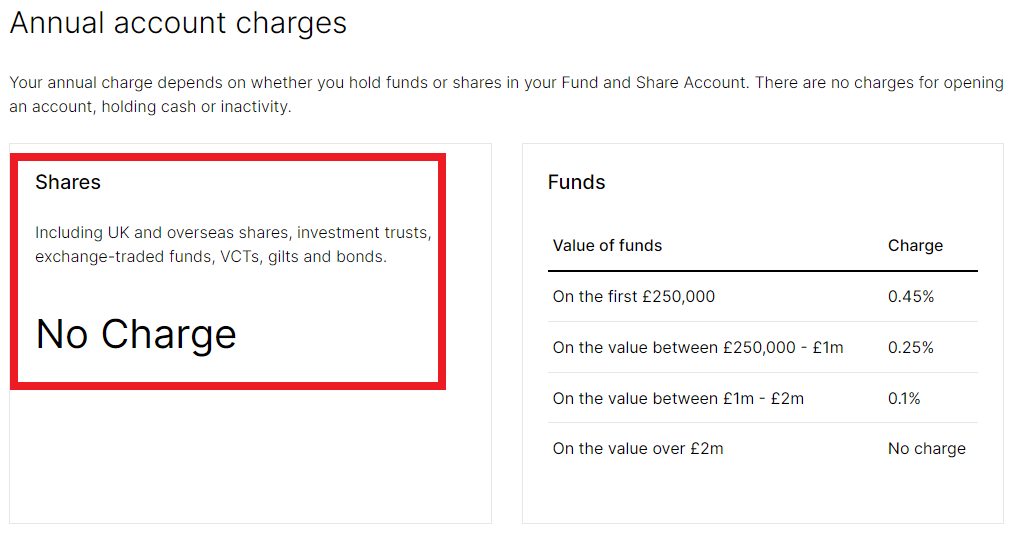For many investors, the big markets across the pond can feel unfamiliar, unwelcome and a recipe for expensive mistakes.
But the opportunities in US stocks should not be forgone for the sake of a few pain points. This article aims to help you overcome the challenges that come with gaining access to the most exciting stock market in the world.
Pain point 1: Foreign exchange costs eat into my returns
There is no denying the presence of foreign exchange risk when you buy stocks in overseas markets whose shares are listed in a different currency to the ones you trade in. If, for example, the value of the USD decreases against the GBP, British investors’ return on their US holdings will be diminished (even if the company’s share price hasn’t fallen).
Not only that, but there are currency conversion costs to contend with. Most platforms and brokers charge you a percentage fee for buying and selling shares which are listed in an overseas currency and these can eat into your returns.
But is this enough to diminish the benefits of US investing? Not in my book.
For a start, currency movements don’t always act against the investor - a rise in the USD against the GBP will boost your investment, even if the share is underperforming. And if you are concerned about the fluctuation in foreign currencies, there are a number of hedging strategies that we will discuss below. When it comes to FX fees, don’t assume all platforms and brokers are out to rip you off. Today there are many which offer very competitive fees for foreign share dealing and FX conversion.
Solution: Hedge against FX movements
When a British investor buys a stock that is listed in USD they might consider that they are ‘long’ the USD - that is, they are assuming that the value of the USD will rise against the value of the sterling which they have converted from. To hedge against that movement, investors might consider buying a short USD ETF, whose return will act in the opposite way to the movement of the USD against the GBP. Any currency movement which impacts the returns on the stock will be outweighed by the return of the ETF.
Alternatively you can use a spread betting account to short the USD (or other USD denominated shares) to hedge against any currency movements. Spread betting allows you…









